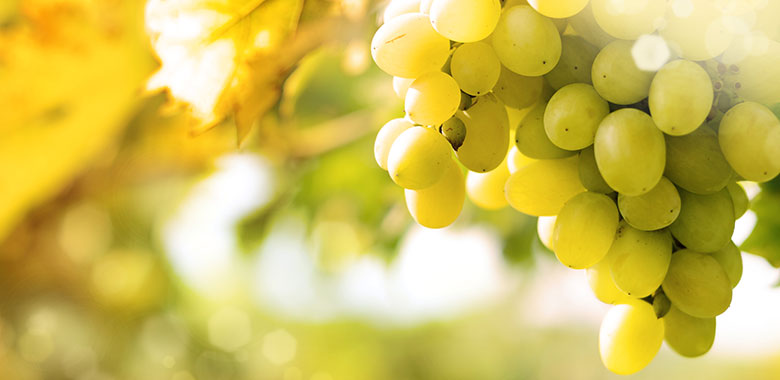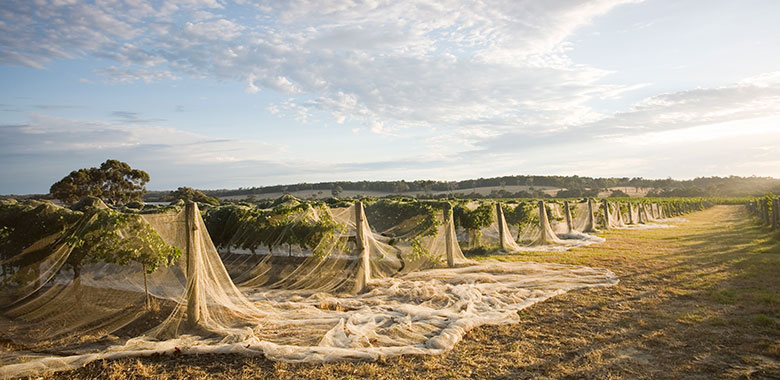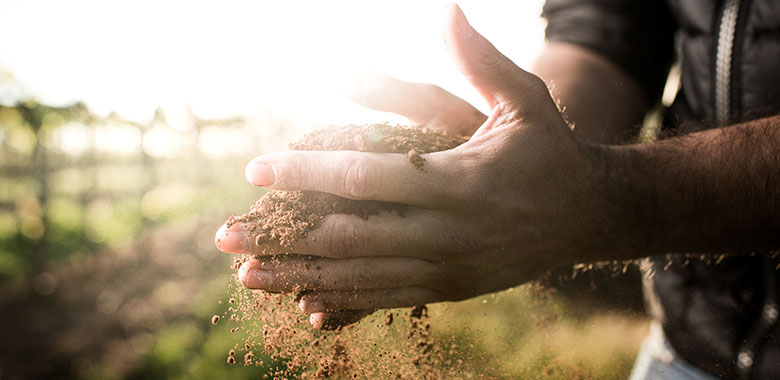
Wine
Australian wineries fighting the rise of carbon
Many Australian wineries have been leading the charge against climate change for a few years now. They have been introducing agricultural practices that are both biodynamic and organic, reducing herbicides and pesticides, using clean energy, and/or limiting vineyard irrigation, plus a whole heap more – and this is because, like many industries who rely on consistent, predictable temperatures and good rainfall, they are on the frontline of the environmental upheavals we are experiencing.
Despite some political naysayers, these wineries also know the future of Australia’s wine industry depends on the groundwork they do now, and so they are investing in their business’, and the industry’s future, through innovative and energy-efficient ways – with achieving carbon neutral status being the most sought-after of credentials. As all of our lives rely on the longevity of the environment and we love a good wine, it’s a movement well-worth getting our heads around and supporting – so let’s take a closer look at the carbon neutral crusaders…
What does carbon neutral mean?

For a company or organisation to be deemed carbon neutral their entire business processes must result in zero net greenhouse gas emissions. Much more than simply buying carbon credits to offset business practices, although that can be part of it, carbon neutrality is achieved by reducing the overall carbon footprint of the business.
The whole premise behind being carbon neutral is the reduction of greenhouse gases – notably CO2 – that a business emits. But what is so bad about greenhouse gases? Well, much like a greenhouse you might see in a garden, the effect of greenhouse gases on the environment is that the CO2 absorbs and traps the heat from the sun, increasing the earth’s temperature. When we tip the scales too far, well, the knock-on effect for grapes will be the least of our problems.
The only government endorsed program for carbon neutrality in Australia is National Carbon Offset Standard (NCOS) Certification. However, there are other private and offshore businesses providing similar certifications, such as CarboNZero, which is recognised in over 60 countries – making it particularly good for international businesses, or importer/exporters.
Change is afoot – climate and industrial

Today, there are many large and powerful organisations, city councils, products and services that have achieved carbon neutrality through NCOS certification: The City of Sydney, GPT, NAB, Westpac, a host of universities, Energy Australia, Crown Melbourne, Virgin Australia and Qantas just to name a few. But of this extensive list, there are now two wineries joining Australia’s carbon neutral ranks.
Pioneering an industry standard for local wineries, Ross Hill Wines in Orange was the first Australian winery to meet the stringent NCOS standards, achieving their certification in late 2015. Since then, Keith Tulloch Wine in the Hunter Valley has also achieved NCOS certification, with their certification being granted earlier this year. These two wineries have also made moves to ensure both their wineries and the wines they produce are carbon neutral, so it’s not just what happens in the vineyard that is audited and offset, the bottle production, caps, packaging and transport are also included in their carbon neutral equation.
Other Australian wineries making a difference

While NCOS certification is the only government-backed program, it isn’t the only option for wineries wanting to make an environmental change. Since 2008 Tahbilk Winery has also been striving towards carbon neutrality by embracing a long-term sustainability strategy via CarboNZero, including planting trees over a five-year timeframe, on-site re-vegetation, organic waste treatment, and carbon offset schemes through the likes of renewable energy projects.
Cullen Wines in Margaret River have also implemented a carbon offset scheme that reinvests into Western Australian projects, such as reforestation carbon sinks – and there are more joining their ranks all the time. Taylor’s Wines in the Clare Valley has had a certified Environmental Management System (EMS) in place since 2009, with a business-wide focus on their environmental impacts. Plus, there are many more wineries doing their part for the environment through long-term strategies and forward-thinking sustainable practices, simply without an accreditation stamp of approval.
Say cheers to the future of our climate
While the journey to carbon neutrality can be challenging, and near impossible if it weren’t for carbon offsets, it is encouraging to know that there are pioneering wineries amongst us, working to secure not only their own business’ future, but the world’s future. And what does all this talk of carbon neutrality mean for us wine drinkers? It means being a climate activist is as simple as supporting the wineries who are pioneering change.